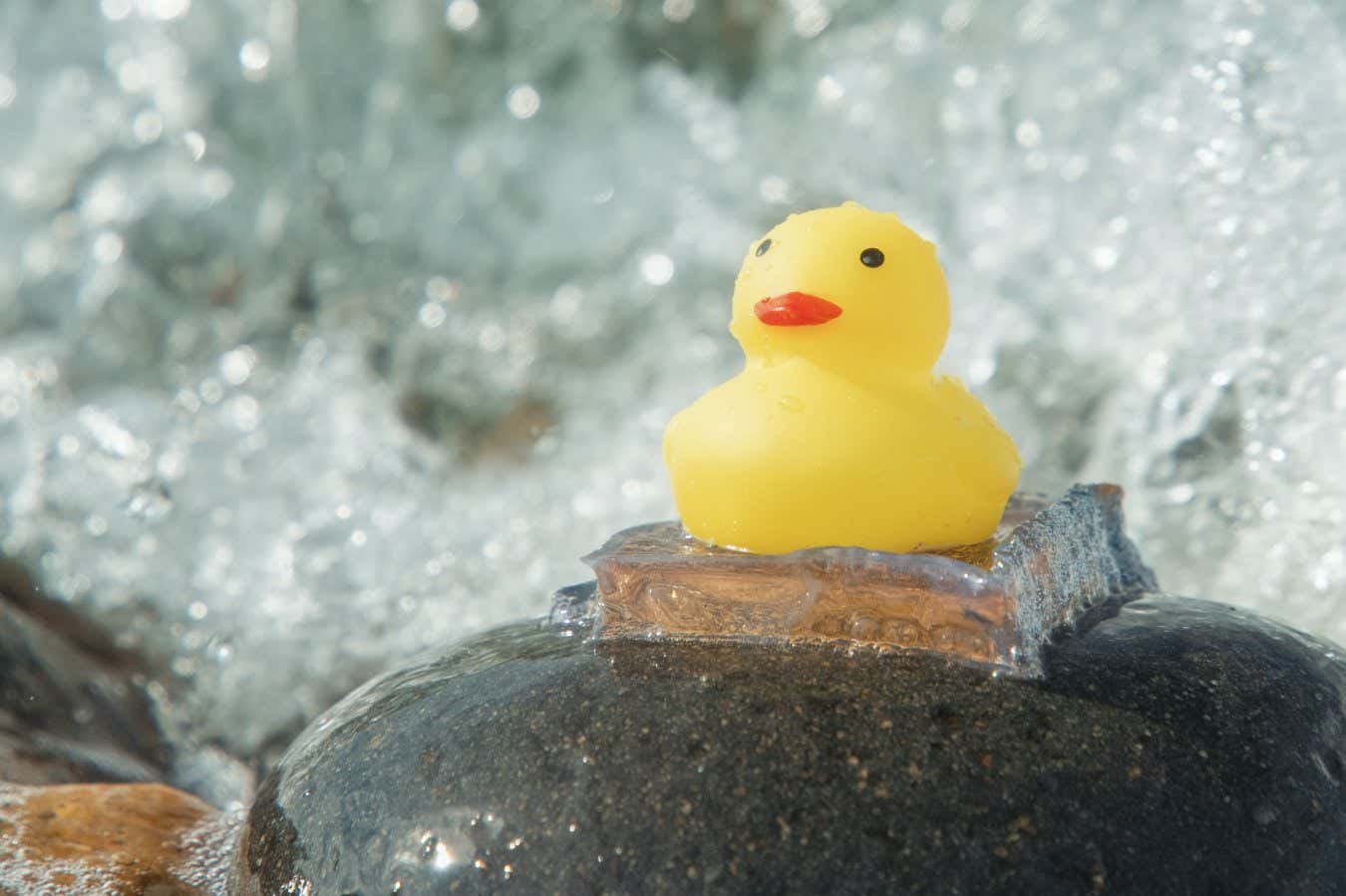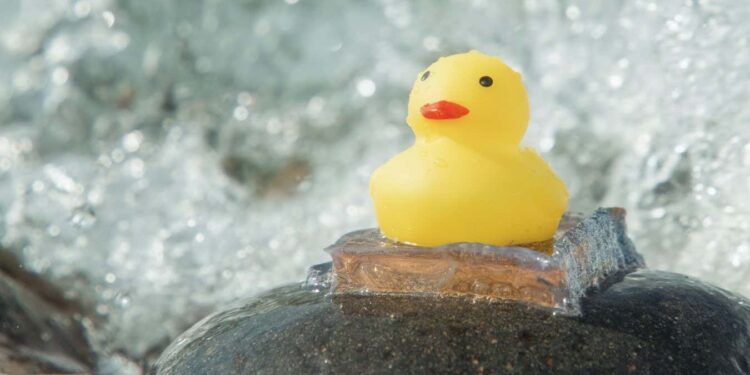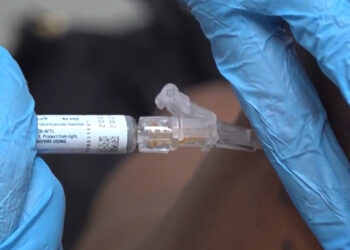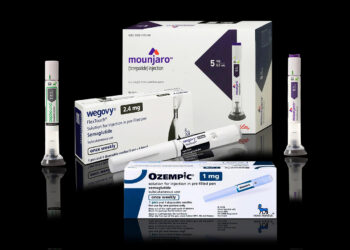
Researchers tested a sticky hydrogel by using it to glue a rubber duck to a rock in the ocean
Hao Guo, Hongguang Liao and Hailong Fan
A rubber duck that was stuck to a seaside rock for more than a year has proved the strength of a new sticky material. The adhesive could be used in deep-sea robots and repair work, or as surgical glue for medical procedures.
“We developed a super-adhesive hydrogel that works extremely well even underwater – something very few materials can achieve,” says Hailong Fan at Shenzhen University in China. Hydrogels are stretchy and soft materials.
Fan, then at Hokkaido University in Japan, and his colleagues analysed 24,000 sticky protein sequences from many different organisms to identify the stickiest combinations of amino acids, the building blocks of proteins. They used that information to create 180 different types of adhesive hydrogel. Then, they trained artificial intelligence models on the hydrogels’ material properties to predict even better recipes for super-sticky materials.
This process let the team develop a new class of versatile and sticky hydrogel. The material bonds to surfaces even when it has been unstuck and restuck multiple times or immersed in seawater, says Fan. It exceeded 1 megapascal of adhesion strength underwater – about 10 times stronger than most soft, sticky materials under the same conditions.
The research “demonstrates a paradigm shift in the way we can design high-performance soft materials”, says Zhao Qin at Syracuse University in New York state. He praised the team for identifying stickiness patterns in natural proteins and capturing them in the new material.
The most whimsical demonstration of the hydrogel’s sticky strength involved keeping that yellow rubber duck attached to the wave-soaked rock by the shore. In a more practical experiment, the hydrogel instantly sealed a leaking water pipe. This suggests it could help repair underwater structures or make flexible electronics and robotics water-resistant.
The material was also biocompatible, which the researchers proved by implanting it under the skin of mice. This could make it useful for biomedical applications, such as affixing implants or working as surgical glue.
The hydrogel’s stickiness is remarkable, says Qin, but he notes that the material must be relatively thick to perform well. He hopes to see it tested outside ideal experimental conditions, especially in real-world situations with rough, contaminated or moving surfaces.
The researchers have submitted a patent for the new material through Hokkaido University, where most of them work.
Topics:
Source link : https://www.newscientist.com/article/2491328-super-sticky-hydrogel-is-10-times-stronger-than-other-glues-underwater/?utm_campaign=RSS%7CNSNS&utm_source=NSNS&utm_medium=RSS&utm_content=home
Author :
Publish date : 2025-08-06 16:00:00
Copyright for syndicated content belongs to the linked Source.











